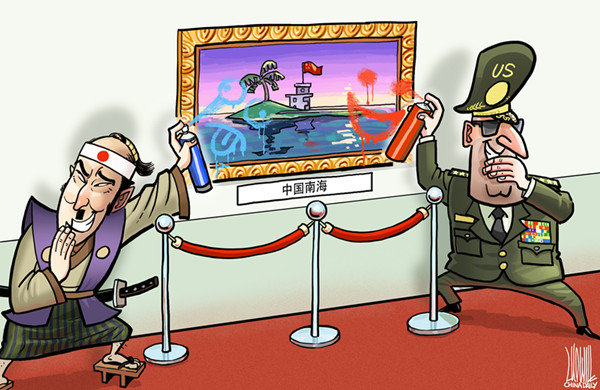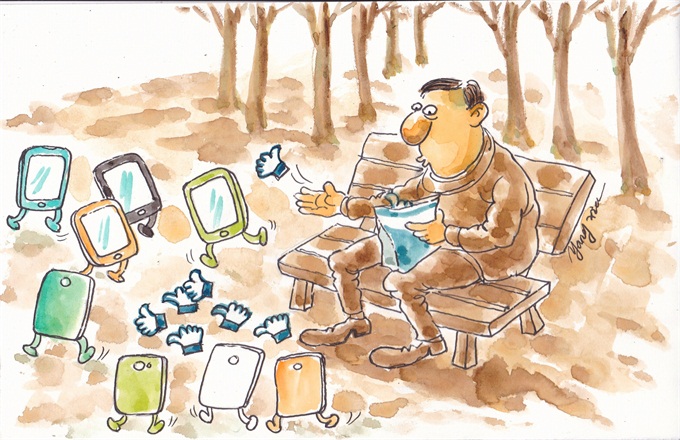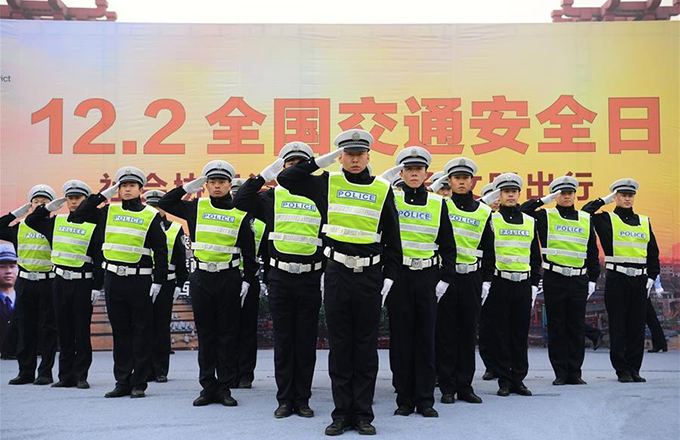Rating agencies are obliged to act with utmost responsibility
On June 1, the European Union's market regulator fined Moody's German branch €750,000 ($844,900) and British branch €490,000 for failing to abide by the EU's rating regulatory rules. The EU move, together with Beijing's rebuttal of Moody's downgrading of China's credit rating, reflects the controversial role rating agencies play in the global economy.
The European Securities and Markets Authority said in a public notice that Moody's German and British branches "negligently committed two infringements of the Credit Rating Agencies Regulation regarding their public announcement of certain ratings and their public disclosure of methodologies used to determine those ratings".
Late last month, Moody's downgraded China's credit rating for the first time in nearly 30 years, citing the country's expected erosion of financial strength in the coming years following slowing growth and debt pile-up. In response, the Ministry of Finance said Moody's overestimated the risks to the Chinese economy and the downgrading was based on "inappropriate methodology".
The two cases show rating agencies have become increasingly controversial thanks to the inapt methodologies they use and are facing more challenges from their rating targets.
In fact, this is not the first time a major rating agency such as Moody's has been questioned. Before the 1997-98 Asian financial crisis erupted, the three major rating agencies-Moody's, Standard and Poor's, and Fitch-failed to sound alarm by downgrading the ratings of the concerned economies. Instead, after the crisis broke out, they promptly downgraded some Asian economies' ratings only to intensify the crisis and worsen the situation.
And before the global financial crisis broke out in 2008, the three major rating agencies had issued favorable ratings for securities backed by subprime loans, which in turn exacerbated the crisis.
Facing increasing questioning from the market, the rating agencies might attribute their misjudgments to technical inaccuracies in a bid to clear themselves of intentionally using their influence to mislead the market. Indeed, given the highly sophisticated nature of the rating business, it is almost impossible for anyone to technically accuse the rating agencies of trying to manipulate the market with the intention of harming certain economies or companies.
Still, since the three rating agencies have considerable influence on the financial market, they must painstakingly scrutinize facts and data and consider the changes in the real situation before making public their ratings.
In 1975, the three major rating agencies were recognized by the US Securities and Exchange Commission as "Nationally Recognized Statistical Rating Organizations". The commission also decided that a foreign company must be rated by an NRSRO before getting the go-ahead for financing in the United States.
Among the 10 NRSROs today, Moody's, Standard and Poor's, and Fitch account for more than 96 percent of the global ratings, which shows the monopolistic power they have in the rating market. This power helps them to exercise unparallel influence on the market, and their ratings, whether or not they reflect the real quality of the rated economies and companies, will have a major bearing on global trading and investment.
But as the financial market is becoming increasingly sophisticated, rating agencies have technically become incapable of obtaining and properly analyzing all the financial data of companies and products to be rated. At times, they have to rely on the information provided by other intermediaries to complete their rating exercise, which may affect the accuracy of the rating results, as was the case before the global financial crisis.
Therefore, even if we rule out the possibility of the three major rating agencies taking advantage of their position to mislead the market, they still have to be very cautious while adjusting their ratings of sovereign countries amid a turbulent world economy.
In 1996, US columnist Thomas Friedman said that there are two superpowers in the world. "There's the United States and there's Moody's bond rating service. The US can destroy you by dropping bombs, and Moody's can destroy you by downgrading your bonds."
A superpower should first be a responsible power.
The author is a senior writer with China Daily.
xinzhiming@chinadaily.com.cn




















